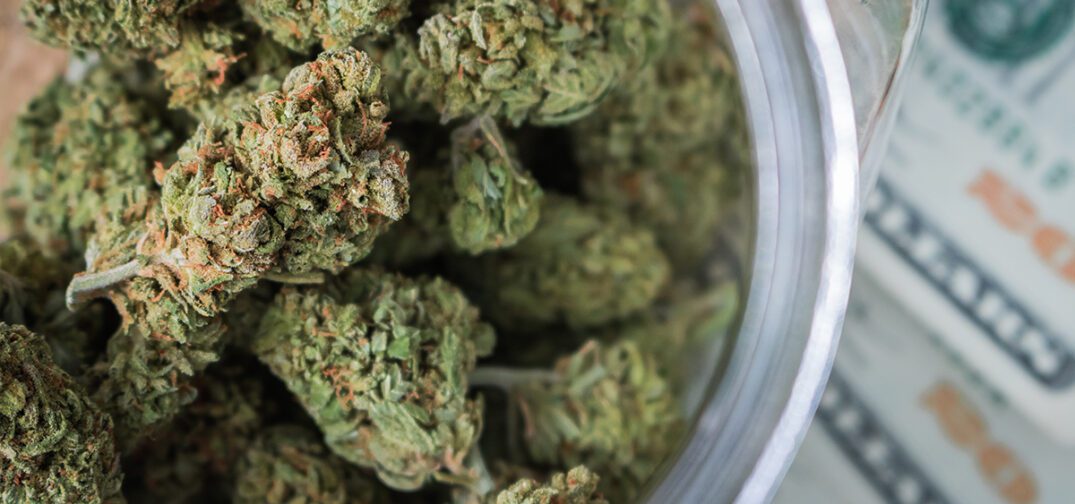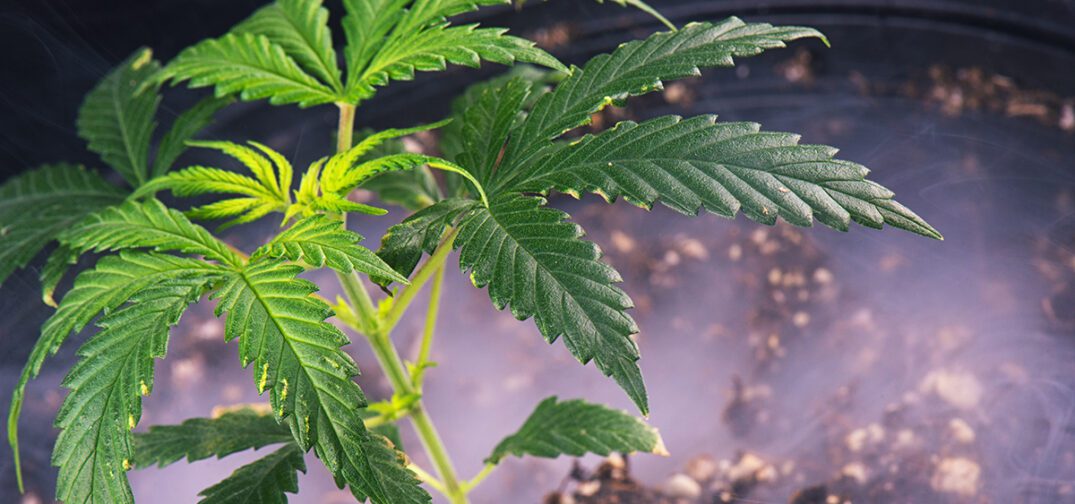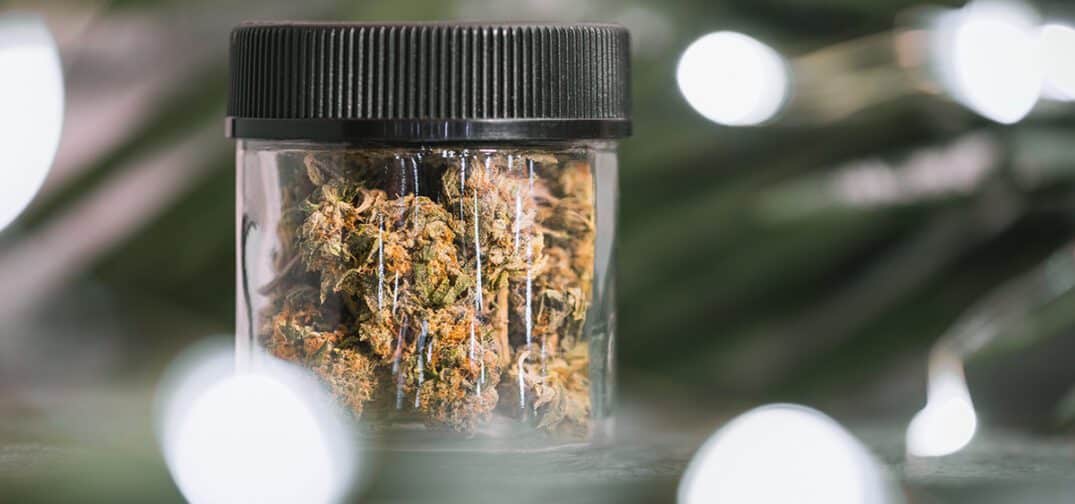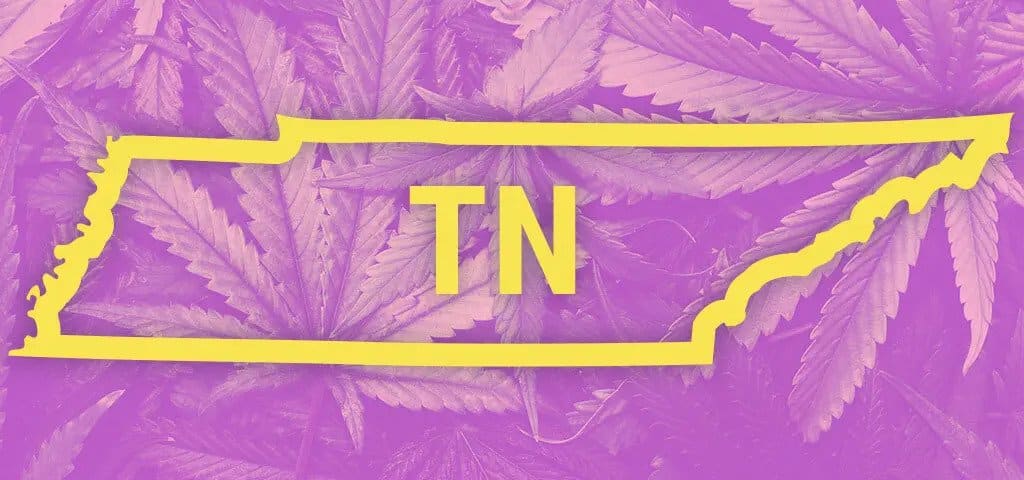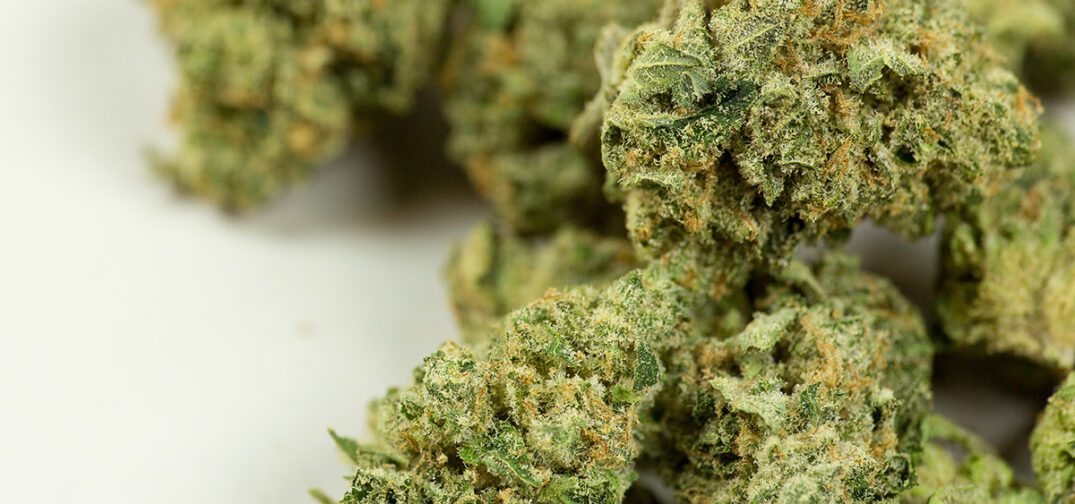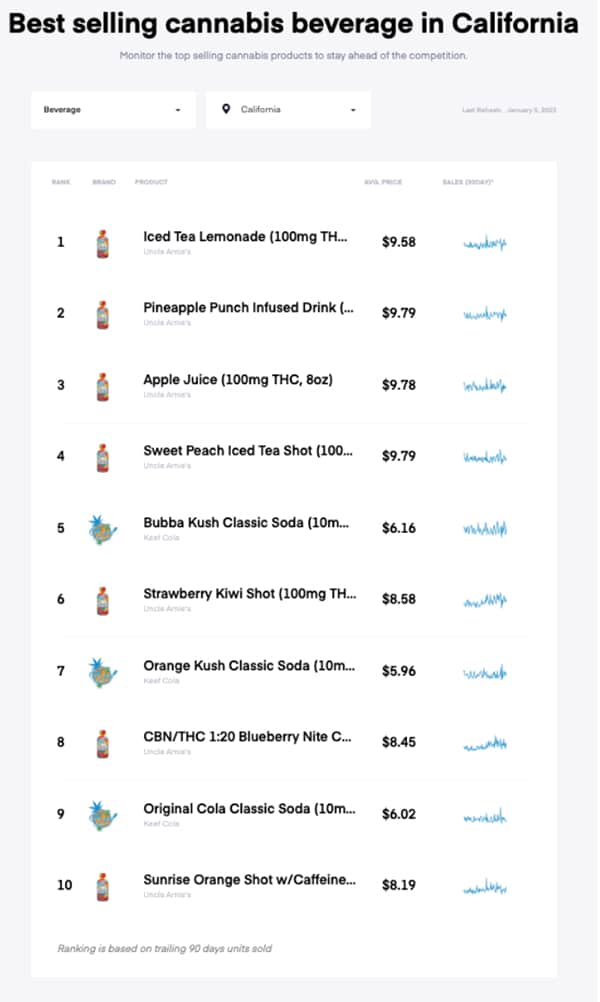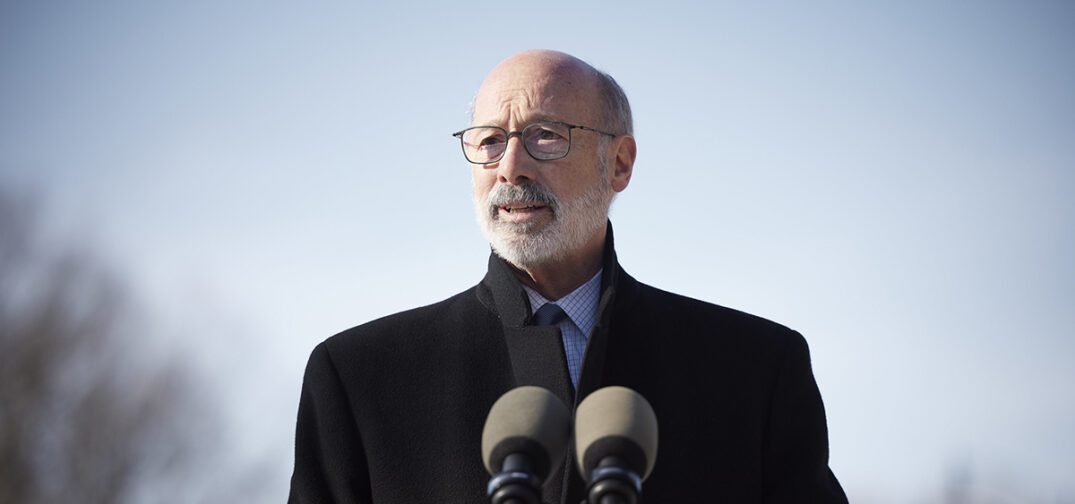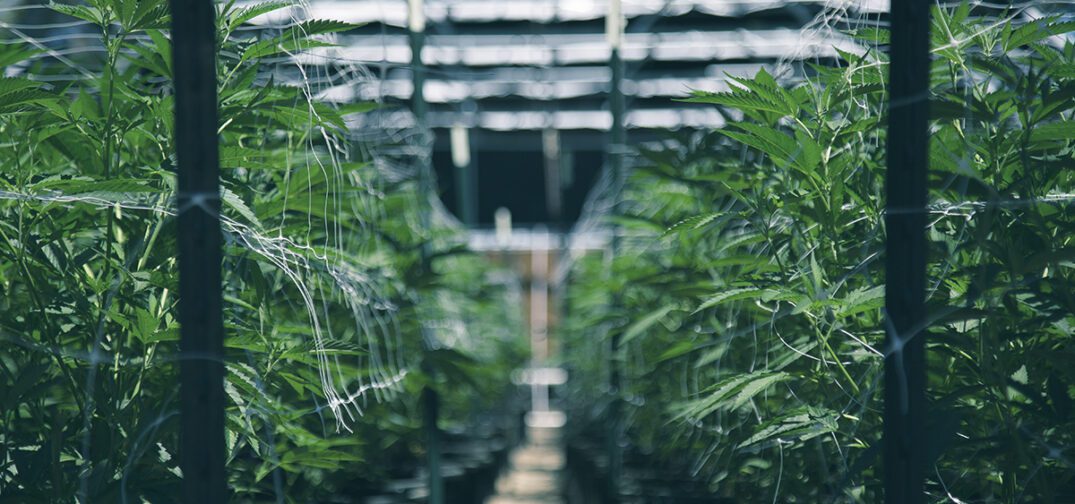Editor’s note: This editorial was contributed by Faith Bygd, advisor for Breakaway Bookkeeping & Advising.
Being a legal cannabis company, you are likely familiar with the IRS Tax Code 280E. This tax code sets forth financial hurdles directly related to the amount of tax liability you owe the government at the end of the year.
From cultivators to retail shop owners, medical, or adult-use, 280E places financial struggles on legal businesses. The limitations around what the IRS will allow you to recognize as legitimate business write-offs are unclear and present significant problems to those owning companies in the cannabis industry.
While non-cannabis businesses can write off any expense that goes into the cost of running the company, this is not the case for cannabis businesses. We need to get used to it: this will remain in effect until cannabis is no longer federally classified as a Schedule 1 Illegal Substance. Brass tacks: The federal government still views cannabis as “illegal” and any business that sells it as trafficking — even though individual states have voted to legalize it. The federal government is not in the business of helping to sell illegal substances… but they are in the business of taxation. Cannabis businesses can stay in business — if they play along.
Why is 280E so confusing? For historical context, the reason 280E exists is due to the monumental case of Edmondson v. Commissioner. In 1981, a convicted drug dealer, Jeffery Edmondson, was fined and held liable for back taxes owed on the money he made from illegally selling cocaine, amphetamines, and marijuana. He brilliantly filed returns for the years he was being held accountable for and applied write-offs, including the costs of the drugs themselves, to reduce the amount of tax liability he had, which in turn reduced his interest and fines due. The court determined he was allowed to do so because, as the law was written, that was a legal approach to the tax burden. The IRS quickly reacted with the enactment of Tax Code 280E, passed into law in 1982. The new law would disallow write-offs to be applied to the total revenue if the revenue was created through federally illegal activity.
Currently, cannabis still sits on the list of Schedule 1 Illegal Substances, which is in the same category as harmful substances such as meth, heroin, and ecstasy. Marijuana is the only substance on the list that is legal in 39 states. But until it is recognized as legal by the federal government, 280E’s frustration will remain a daunting reality.
Have no fear! There is a way to work with the 280E instead of against it!
280E allows cannabis companies to deduct expenses that it has to produce the product for sale, just not any cost related to the sale itself. Expenses that are 100% direct in the production of your product are considered COGS, meaning cost-of-goods-sold. COGS are deductible.
How can you put this into practice? Scrutinize your bookkeeping and accounting workflows by creating a tight cannabis-friendly chart of accounts. Be sure to include all acceptable COGS above the gross revenue line. Anything below the gross revenue line will be taxed federally, but your state may allow you to deduct these expenses from your state income tax.
Let’s dive a little deeper into how this breaks down:
Grow equipment/supplies/materials. These expenses are direct and 100% used for the process of creating your product and are considered tax deductible from your total revenue.
Repairs and maintenance directly related to the grow buildings. Contractors that perform services directly related to the grow or production space will count towards the COGS amount.
Wages for cultivation and production. Keep meticulous records of employee hour breakdowns and record payroll on your books by these breakdowns. Make sure your books match the payroll records in case of an audit. Talk to your tax CPA about filing as a S-Corp to include the owner’s wages in the payroll. In most non-cannabis businesses, the owners’ wages are considered admin (below the gross revenue line). However, cannabis owners working directly with the cultivation can possibly apply some of their wages to the allocations of COGS. Discuss this with your tax preparer and bookkeeper to devise a good plan.
Utilities directly related to the grow or production areas. Utilities used in retail or office space are not deductible. Ask your tax CPA about the best workflow to separate out your utility bill. Your monthly bookkeeper should be tracking the bill splits to ensure a constant clear picture of where your financials stand from month to month.
The biggest secret weapon to working with 280E is finding a financial partner who can help you track these expenses as they are incurred. This does not mean scraping together a handful of receipts at the end of the year. A stellar bookkeeper is imperative to your cannabis’s business success. A bookkeeper who knows the importance of breaking down COGS is a necessity.
Currently, the IRS has been lenient about auditing cannabis companies, but that will not be the case for long. If your company is audited, they can go back 3-6 years. Do you have those books in order? Let it be your 2023 New Year’s Resolution to organize your accounting. This will aid in the success and longevity of all of your hard work and efforts and help you work with 280E.
End

